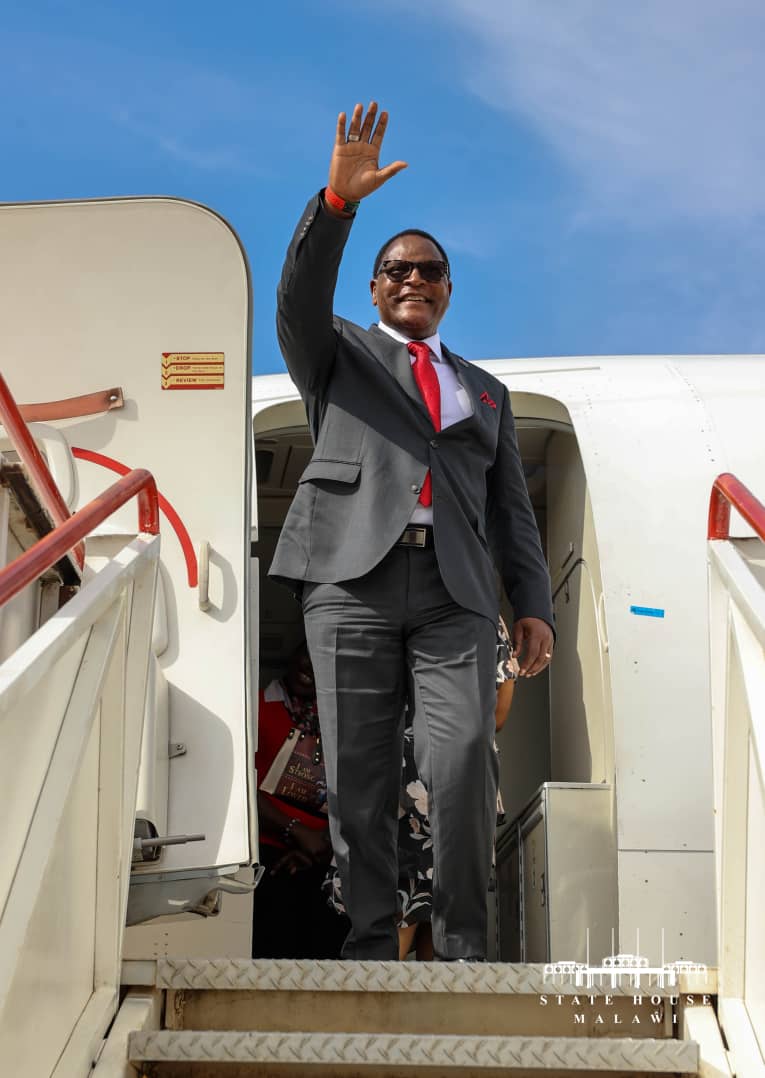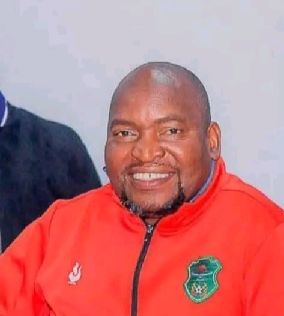By Burnett Munthali
The recent alliance formed by the Democratic Progressive Party (DPP), the Alliance for Democracy (AFORD), and the United Transformation Movement (UTM), along with civil society organizations, marks a crucial juncture in Malawi’s political landscape. This coalition is not just a response to immediate events but a reflection of growing discontent with the current administration’s handling of critical issues, particularly concerning the Chilima plane crash and the operations of the Malawi Electoral Commission (MEC).
The call for a commission of inquiry into the plane crash involving Vice President Saulos Chilima underscores a pressing need for transparency in governance. The public deserves clarity on this tragic incident, which remains enveloped in ambiguity. The lack of information raises questions about the safety of political leaders and, by extension, the citizens they serve. When significant events occur without thorough investigation, public trust in governance erodes. The opposition’s insistence on accountability is not just about addressing this specific incident; it represents a broader demand for a government that is open and responsive to the concerns of its citizens.
Equally significant is the coalition’s focus on the MEC and its controversial Smartmatic contract. As Malawi approaches the 2025 general elections, fears regarding the integrity of the electoral process have escalated. The push to halt electronic transmission of results and revert to manual methods highlights a desire for a more transparent electoral framework. The opposition’s demand for independent audits of MEC’s operations is particularly critical in restoring public confidence. Electoral integrity is the bedrock of democracy, and any perceived manipulation or inefficiency can lead to widespread disillusionment among voters.
The concerns raised by the coalition reflect a deep-rooted anxiety about potential disenfranchisement, particularly among rural populations who feel neglected by the current administration. By advocating for a pause in voter registration until these issues are resolved, the opposition aims to ensure that every eligible citizen can participate in the electoral process. This is not merely a strategic maneuver; it embodies a commitment to inclusivity and fairness in democracy.
Furthermore, the call for the resignation of MEC Chairperson Justice Annabel Mtalimanja and Chief Elections Officer Andrew Mpesi signals a growing impatience with perceived incompetence and bias within the electoral commission. It is essential for MEC to be seen as a neutral body, capable of administering free and fair elections. The opposition’s demand for new leadership is a step towards restoring public faith in the electoral process and addressing the legitimate concerns that many Malawians hold about the integrity of their democracy.
The threat of “shutdown countrywide demonstrations” if their demands are not met indicates a significant escalation in political tension. While peaceful protests can be a powerful tool for civic engagement, they also reflect the frustrations and hopes of many citizens who feel their voices are not being heard. The government must recognize that these demonstrations are not merely acts of defiance but expressions of a broader yearning for accountability and democratic principles.
In conclusion, the alliance of opposition parties and civil society organizations represents a critical movement toward ensuring transparency and accountability in Malawi’s political and electoral systems. Their demands for an inquiry into the Chilima plane crash and significant reforms within the MEC highlight essential concerns regarding governance and democracy. As the nation heads towards the 2025 elections, the government must engage constructively with these calls for reform. The stakes are high, and failure to address these issues could have lasting implications for Malawi’s political stability and democratic integrity.




